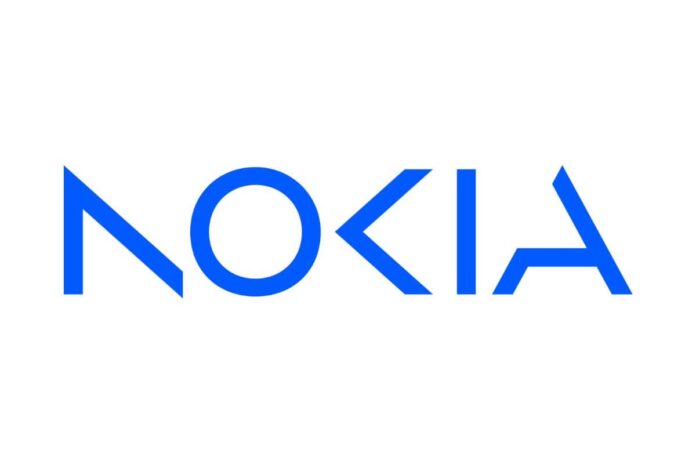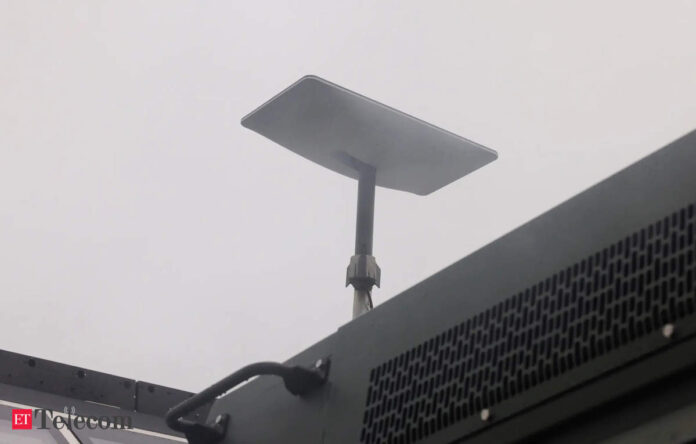In Short:
The Indian telecom industry is rapidly expanding in 5G, but faces challenges like network capacity and quality issues, particularly with spam and fraud. Operators like Airtel and Jio are tackling these problems, using AI for better security. The government is also planning to regulate telemarketers. Balancing regulation with innovation is vital to ensure growth and protect user privacy, according to GSMA.

The Indian telecom industry has witnessed rapid growth in the 5G segment. However, this quick expansion is accompanied by significant challenges, particularly in densely populated and high-demand areas, which are exerting pressure on spectrum availability and network capacity. This insight was shared by a senior executive from GSMA.
Quality of Service Challenges
According to Matts Granryd, the Director General of GSMA, Indian telecom operators such as Airtel, Reliance Jio, and Vodafone Idea are grappling with quality of service issues, especially those related to spam and fraudulent activities. These operators are actively working on developing solutions to address these concerns. Despite their efforts, fraud remains a significant challenge. Granryd emphasizes that Artificial Intelligence (AI) has the potential to be transformative in combating this issue.
Strategies for Mitigating Fraud
Granryd noted that implementing effective authentication methods can significantly help in mitigating fraud. He pointed out that this strategy has been successfully adopted by European operators and could similarly benefit Indian companies. “Collaboration among operators is crucial to ensure these systems operate effectively; without it, the overall system performance could suffer,” he stated. He also highlighted that Indian telcos are already developing an AI maturity roadmap to enhance security and user trust, in partnership with Open Gateway, to create APIs for operator collaboration. This API Gateway initiative is relatively new, having been established only 18 months ago.
Regulatory Movements
In an effort to address the rising concerns regarding unsolicited messages and calls, India’s Department of Telecommunications (DoT) plans to bring telemarketers under regulatory control and establish accountability. The DoT has sought recommendations from the telecom regulator TRAI on the framework to regulate telemarketers through an authorization mechanism.
The Balance of Regulation and Innovation
Discussing the broader implications of AI on the industry, Granryd underscored the importance of maintaining integrity while fostering innovation. He stated, “It is vital to allow room for experimentation, utilizing frameworks like the AI maturity roadmap, which ensures data anonymization and protects individuals’ privacy.” However, he cautioned about the risks of implementing regulations too hastily. “Predicting the state of AI in three years is nearly impossible for regulators, and therefore, regulations could either be too lenient, overly stringent, or miss the mark entirely, thereby potentially stifling innovation. The key is to strike a balance; regulation is necessary, but it must be thoughtfully considered to promote growth and adaptability.”
GSMA advocates for some level of regulation within the AI industry, emphasizing that such governance should be implemented in a manner that upholds innovation and integrity simultaneously.





